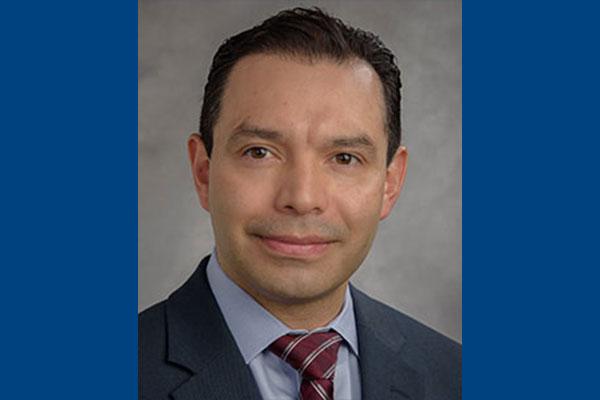
On Nov. 13, 2024, Human Pathology published a manuscript by Associate Professor Sergio Piña-Oviedo, MD, titled “Marginal Zone Lymphoma of Extranodal Sites: A Review with an Emphasis on Diagnostic Pitfalls and Differential Diagnosis with Reactive Conditions.” The manuscript was an invited review in the journal that was published with his colleague Roman Segura-Rivera, MD, a hematopathologist practicing in Mexico.
The manuscript covers the morphologic and immunohistochemical features that are helpful to diagnose marginal zone lymphoma of mucosa-associated lymphoid tissue (MALT lymphoma) from chronic reactive conditions in different extranodal organs. This is something that cannot always be done by clonality studies, despite a recent trend by hematopathologists to consider immunoglobulin heavy chain (IGH) rearrangement/clonality a confirmatory diagnostic lymphoma test.
MALT lymphoma is a subtype of low-grade B-cell lymphoma that may arise when persistent chronic inflammation (infection, autoimmune disease) occurs in organs other than the lymph node (stomach, salivary gland, lung, thyroid, etc.). For example, a persistent untreated chronic gastritis secondary to the bacterium Helicobacter pylori may progress to MALT lymphoma of the stomach, or certain autoimmune diseases may progress to MALT lymphoma of the salivary gland, lung, orbit, or thyroid.
This study supports the concept that easy and inexpensive techniques, such as morphology and immunohistochemistry, are more than sufficient to arrive at a correct diagnosis of this type of lymphoma, in contrast to current practices that recommend the need of molecular tests for a “confirmatory” diagnosis. Moreover, the manuscript outlines important tips to properly distinguish MALT lymphoma from reactive benign conditions in different organs, with important positive repercussions for patient treatment. Read the manuscript here.
Piña-Oviedo serves in Duke’s divisions of Hematopathology and Thoracic Pathology and is associate director of Proteomics for the Biorepository and Precision Pathology Center. (BRPC). He is also Associate Program Director of the Hematopathology fellowship program. He joined the faculty in March 2022 as an assistant professor, and is certified in both anatomic and clinical pathology and hematopathology.